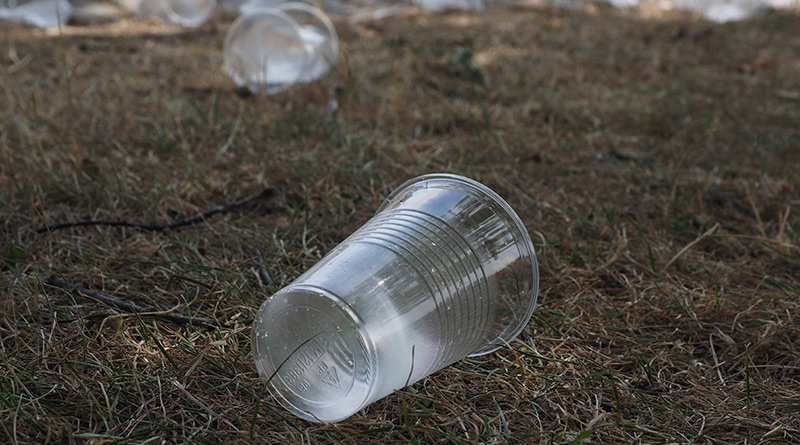FSA Issues Updated Notice On Plastic Containers And Utensils Containing Bamboo

The Food Standards Agency and Food Standards Scotland have continued to advise consumers not to use plastic containers or utensils containing bamboo and other unauthorised plant-based materials.
Businesses are reminded not to sell such products as they are non-compliant with legislation and come with safety concerns.
The advice comes after the FSA and FSS told the industry in May 2022 to stop selling food contact materials containing bamboo and similar unauthorised plant-based materials such as rice husks, wheat straw and hemp and called for evidence to assess the long-term safety of these products.
The Committee on Toxicity of Chemicals in Food, Consumer Products and the Environment (COT) have now considered the new data submitted to the FSA and FSS and found that there is insufficient evidence to conclude that these products are safe and there remains concerns over the impact on health from long-term use.
In light of the new data both the FSA and FSS have taken the decision to continue to require industry to remove them from sale and advise consumers who may still have them at home to not use them for food-related purposes.
The COT concluded that, the presence of bamboo and similar plant-based matter in plastic materials can result in formaldehyde and melamine leaking into food or drink products above the legal limit, which is unsafe for consumers.
Formaldehyde is naturally produced by the body but when ingested at high levels can lead to gastrointestinal symptoms. While melamine consumed in the short-term has low acute toxicity, long-term exposure at high levels can result in kidney damage and damage to the urinary tract.
Whilst it is very unlikely that the short-term use of these products would result in an immediate risk to health, the FSA and FSS recommends reducing exposure to these products as the long-term impacts from regular use of these items remains unclear.
Therefore, the FSA and FSS are advising that these products should remain unavailable for sale in Great Britain (GB) and people should dispose of them or repurpose if they still have them in their homes.
In Northern Ireland, these products have already been prohibited for sale as a food contact material, following the European Commission Food Contact Material legislation and businesses continue to comply with this ruling.
The advice does not apply to items made solely from bamboo or plant-based materials, only those products which use a combination of plastic and plant-based materials. Businesses are being asked to take care to check that any bamboo or similar-plant products remaining on the market do not contain any plastic components.
Dr James Cooper, deputy director of food policy at the FSA said:
“At the Food Standards Agency, our mission is to ensure food is safe and this also includes ensuring the products which come into contact with our food, such as containers and utensils, are safe too.
“Following our robust risk assessment process, we have found there to be insufficient evidence to provide us with confidence that these products are safe for consumers to use and therefore, our position remains that food containers and utensils containing bamboo composite material should not be sold in GB.”
“We don’t know the long-term impacts to health from using these products and we continue to have concerns that chemicals such as formaldehyde and melamine might leak from these materials when they are in contact with food, especially hot or acidic foods.
“Previously, businesses were asked to remove these products from sale and, as a precautionary measure, consumers were advised that they should not use any of these products they had previously purchased until a full investigation into the potential risks had been completed.”
“Now this is complete, we are advising consumers who still have these items not to use them for storing or serving food, but to dispose of them in general waste, and for businesses to ensure these products are not made available for sale.”
“These products are not compostable and can’t be recycled and so, consumers who still have these items should discard them in the general waste bin or re-use them for non-food purposes.”
The updated position statement from COT can be read here.
